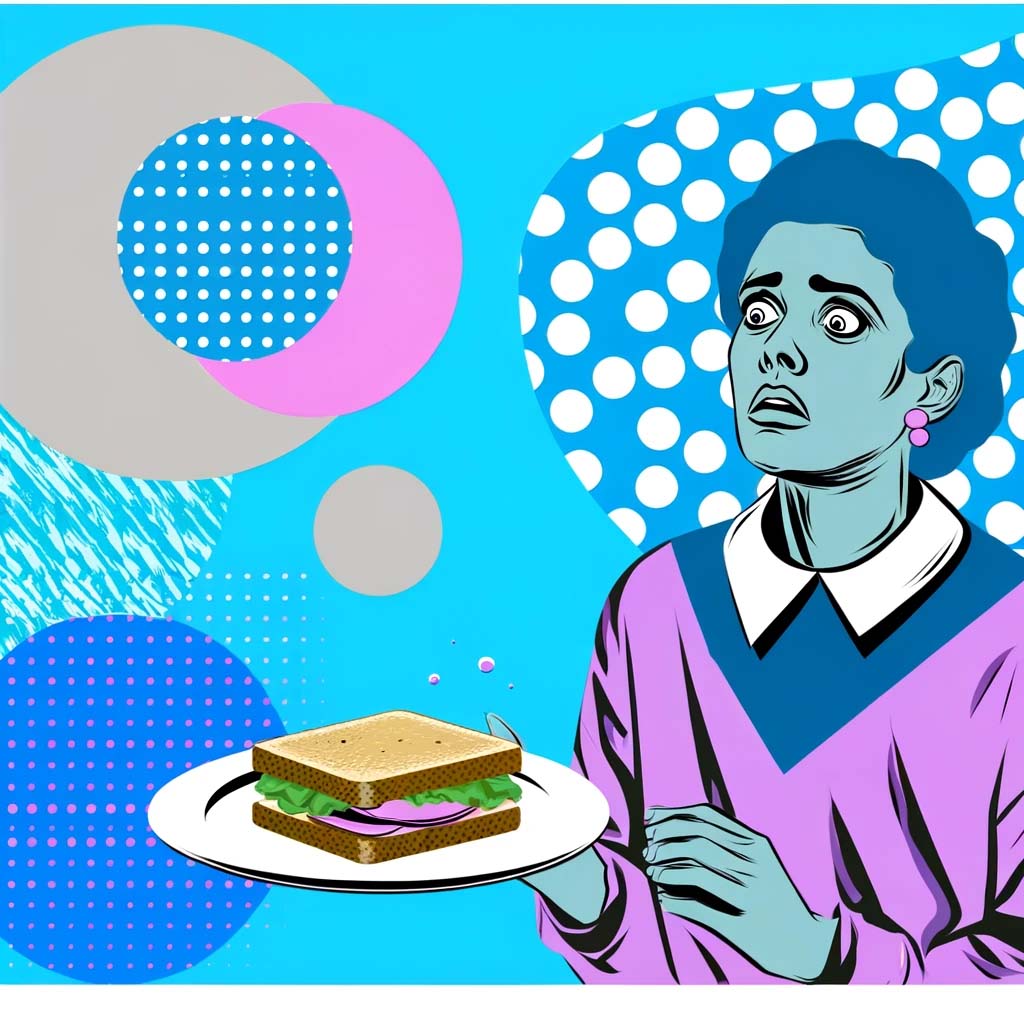Emetophobia, the fear of vomiting, is often a deeply isolating experience. The stigma, lack of understanding and even the fear of triggering yourself by talking about it can lead to a feeling of being trapped in your own anxiety. However, a strong support system is crucial for managing emetophobia and improving your quality of life. Let’s explore how to build a support system to cope with emetophobia that empowers you on your journey.
The Importance of Community
- Validation: Sharing your experience with others who truly understand. To reduces shame and combats the belief that you’re alone in this battle.
- Coping Strategies: Support groups are a treasure trove of practical tips and techniques for anxiety management that have worked for others with emetophobia.
- Motivation and Accountability: Connecting with those on a similar journey can boost motivation to stick with therapy. Practice coping skills, and celebrate milestones along the way.
- Reduced Isolation: Knowing you have people to turn to. Especially during difficult moments, eases the overwhelming loneliness that often accompanies emetophobia.
Where to Find Your Community
- Online Support Groups and Forums
- Accessibility: Online platforms offer 24/7 access and the ability to connect with people worldwide who share your specific experiences.
- Anonymity: For those hesitant to share openly, online forums may offer a comfortable starting point with the option of relative anonymity.
- Resources: Many groups share helpful articles, book recommendations, therapist directories, and other relevant resources for emetophobia.
- In-Person Support Groups
- Deeper Connection: Face-to-face interactions can foster strong bonds and provide a unique sense of solidarity.
- Practicing Skills: Some groups incorporate activities like guided exposure exercises, offering real-time support in a safe environment.
- Drawbacks: Availability may be limited depending on your location, and it can be more intimidating initially than online participation.
- Individualized Support: A therapist specializing in emetophobia provides a confidential space to explore your unique triggers, practice coping mechanisms, and address the root causes of your anxiety.
- Referrals: Therapists often know of local support groups or can help connect you with other helpful resources.
- Trusted Friends and Family
- Emotional Support: Even if they don’t fully understand emetophobia, having loved ones who offer validation, reassurance, and a listening ear during those tough moments can make a significant difference.
- Educate Them: Provide resources to help them understand emetophobia better (articles, reputable websites, or even let them read some of your blog posts).
- Be Clear About Your Needs: Let them know what’s helpful (distraction, simply listening) and what’s not (offering unsolicited advice or minimizing your fears).
Tips for Building a Strong Support System to cope with Emetophobia
- Start Small: Don’t feel pressured to join everything at once. Begin with one platform or reaching out to a single trusted person.
- Be an Active Participant: Share your experiences, ask questions, and offer support to others. A sense of contribution boosts your own well-being.
- Set Boundaries: It’s okay to step away if conversations become triggering or take a break from online spaces when needed.
- Don’t Give Up: It takes time to find the right fit and people you truly connect with.
Remember: You deserve support. Emetophobia thrives on secrecy and isolation. By bravely seeking out community, you’re taking a powerful step towards breaking those chains and fostering the resilience you need to manage this challenging phobia.
Disclaimer: This article is for informational purposes and should not replace professional guidance.





0 Comments